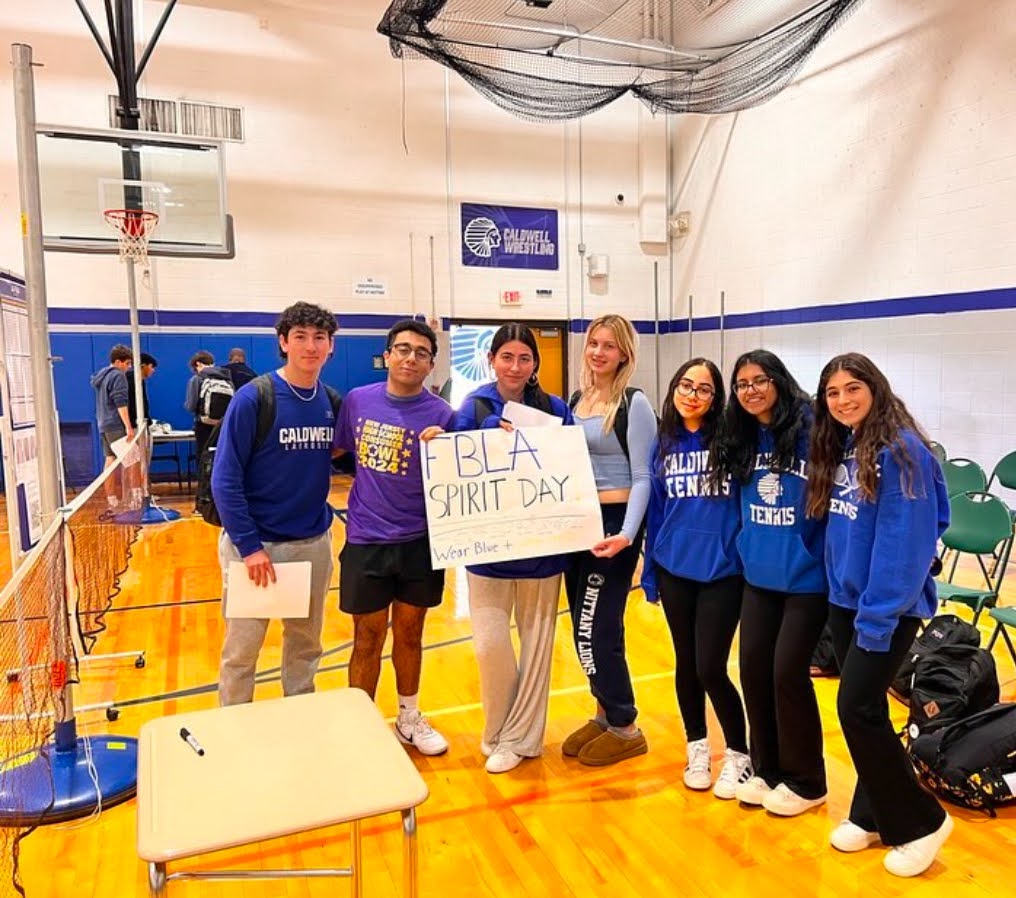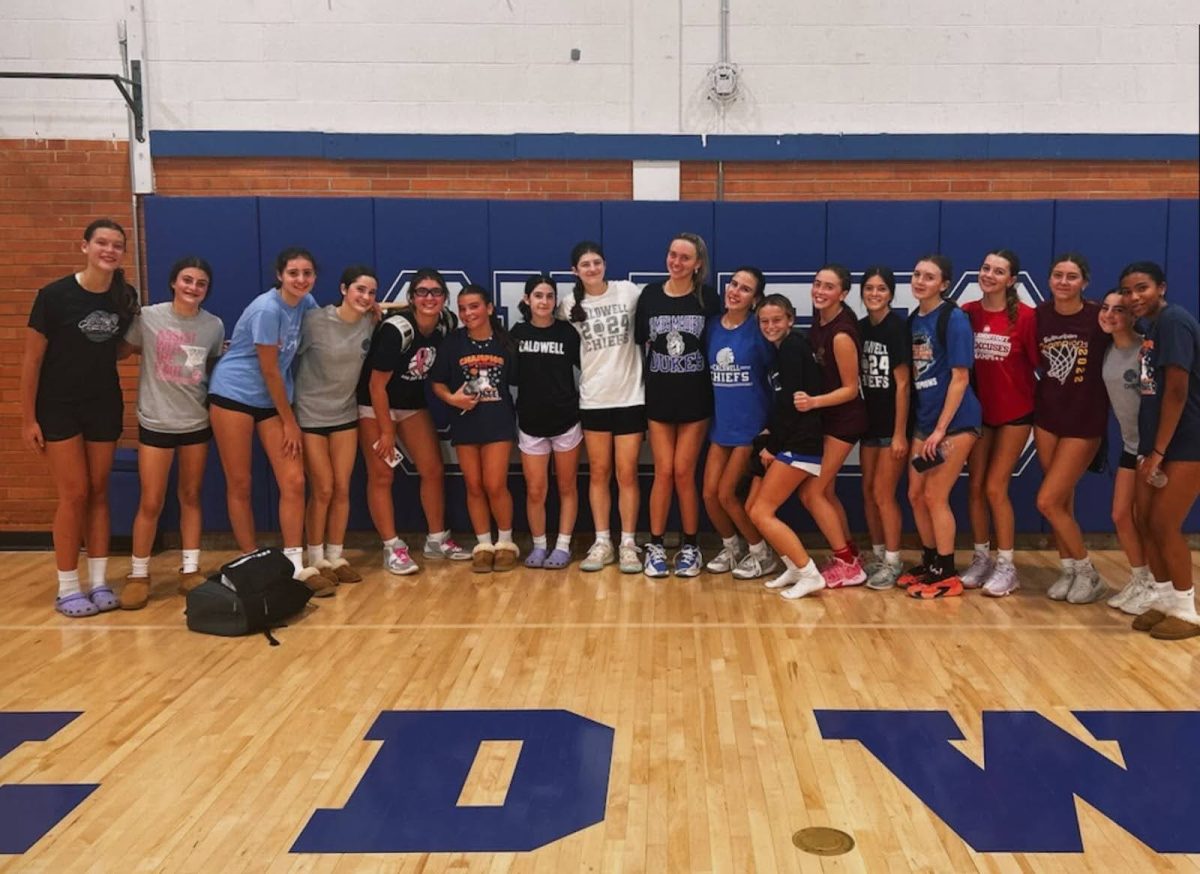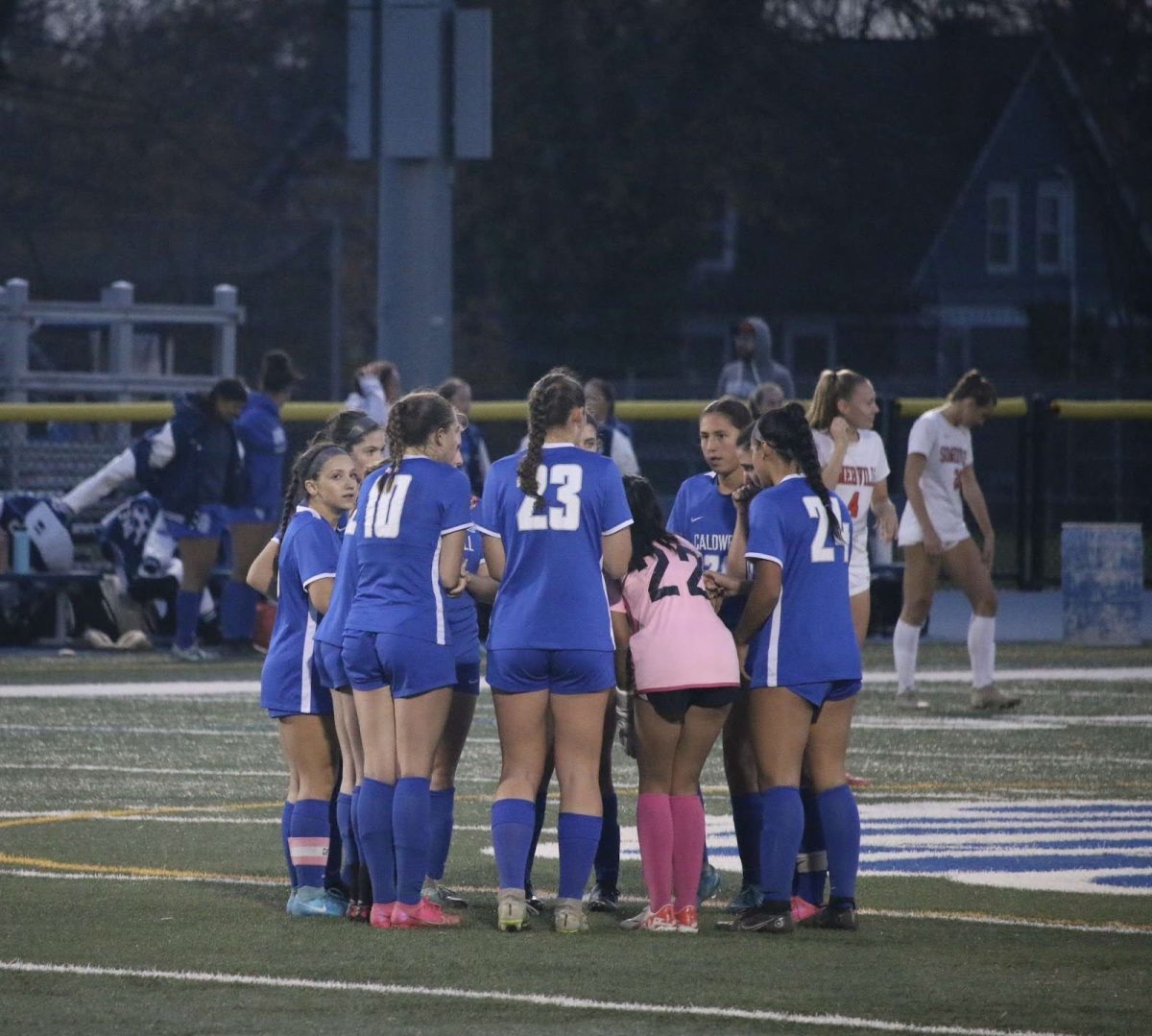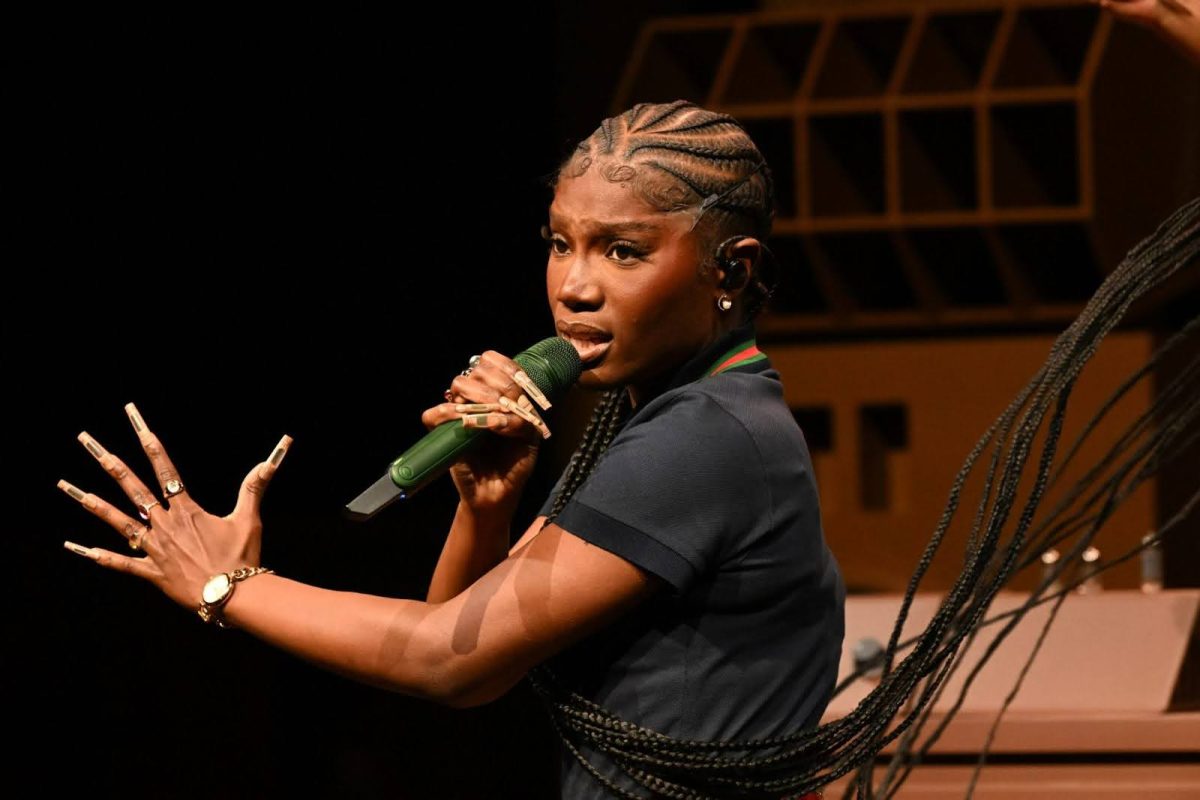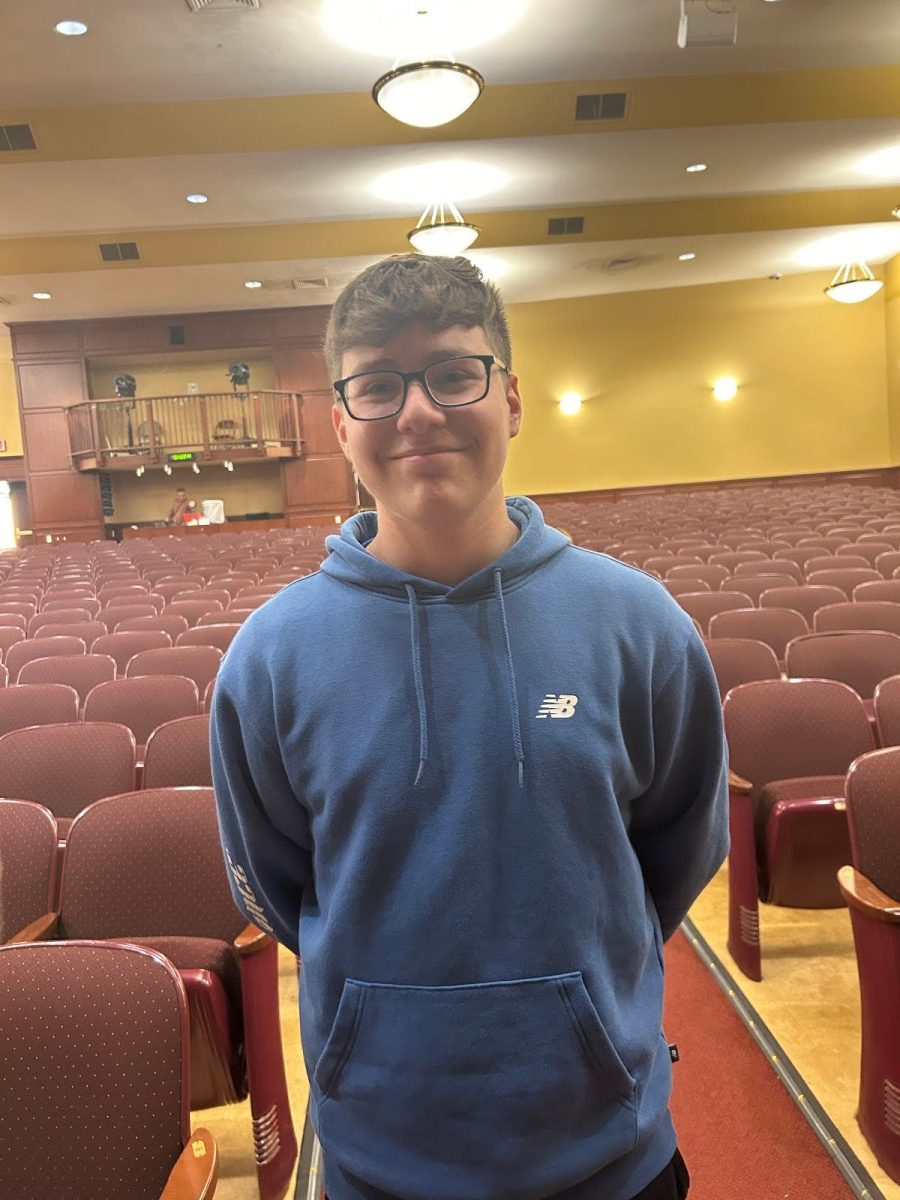
California Senator, Kamala Harris, made history in the recent presidential election. Harris is the first Black Vice President-elect, as well as the first woman and first South-Asian American in the position. During a lecture at Spelman College, Harris shared a piece of advice from her mother: “You may be the first to do many things, but make sure you are not the last.” To her audience of college students, Harris explained that “breaking those barriers is worth it. As much as anything else, it is also to create that path for those who will come after us.”
This is not the first time Harris has broken enormous barriers. In 2003, Harris was sworn in as the first Black, first female and first South-Asian Attorney General of California. In 2017, she became the second African American woman and first South-Asian American to be elected to the United States Senate. Harris’s many firsts are not the only achievements that have secured her a part in American history. Kamala has long been a dedicated, savvy and talented attorney and politician.
After graduating from Howard University with a degree in political science and economics and earning a law degree from Hastings College, Harris made strides against gang violence, drug trafficking and sexual abuse as deputy district attorney in Oakland, California. In her subsequent years as a public servant, Harris has demonstrated her political independence and instinct. In her 2009 book, “Smart on Crime,” Harris calls for a smart, reform-minded criminal justice system. Changing how prosecutors and lawmakers approach crime, she says, would increase public safety, reduce costs, and strengthen communities. Her already successful career is far from over.
President-elect Joseph Biden and Harris have already begun formulating plans and initiatives to address the top priorities of their administration. The basis of the preliminary plans is to smoothly transition power, so work can begin on day one of the Biden/Harris administration. By prioritizing diversity, ethics, integrity and transparency, the President and Vice-President-elect will be able to effectively address COVID-19, economic recovery, racial equity and climate change immediately. Kamala’s determination to serve the American people stemmed from the values she learned from her parents and upbringing.

Harris, born in Oakland, California, is the daughter of two immigrants. Her mother, Shyamala Gopalan, immigrated from India in 1958 to study Nutrition and Endocrinology at the University of California, Berkeley. Her work as a biologist stimulated advances in breast cancer research. Her father, Donald J. Harris, arrived from Jamaica in 1961 for a graduate study at UC Berkeley. He is a Stanford University professor emeritus of economics. Harris’s childhood was steeped in culture, faith, and education. Her parents were both active in the Civil Rights movement and made sure to involve Kamala and her sister and teach them the importance of protesting. As a kindergartner, Harris was bused to a 95% white elementary school as part of Berkeley, California’s comprehensive plan of desegregation. The school became 40% black after the implementation of this program. One of Kamala’s biggest influences has been her maternal grandfather, P.V. Gopalan, a former Indian civil servant whose progessive ideas inspired Kamala and sparked her political interests. In turn, Kamala is inspiring many people around the nation and world. Representation of minorities and women in positions of power, especially in politics, is essential to equity. It is time for everyone to have a voice in politics. Women like Kamala Harris are showing what is possible and achievable for not only women and girls of color, but for any person whose voice has been silenced. This is Kamala’s message for those who need the encouragement: “You are powerful and your voice matters. You’re going to walk into many rooms in your life and career where you may be the only one who looks like you or who has had the experiences you’ve had. But you remember that when you are in those rooms, you are not alone. We are all in that room with you. Cheering your voice.”

